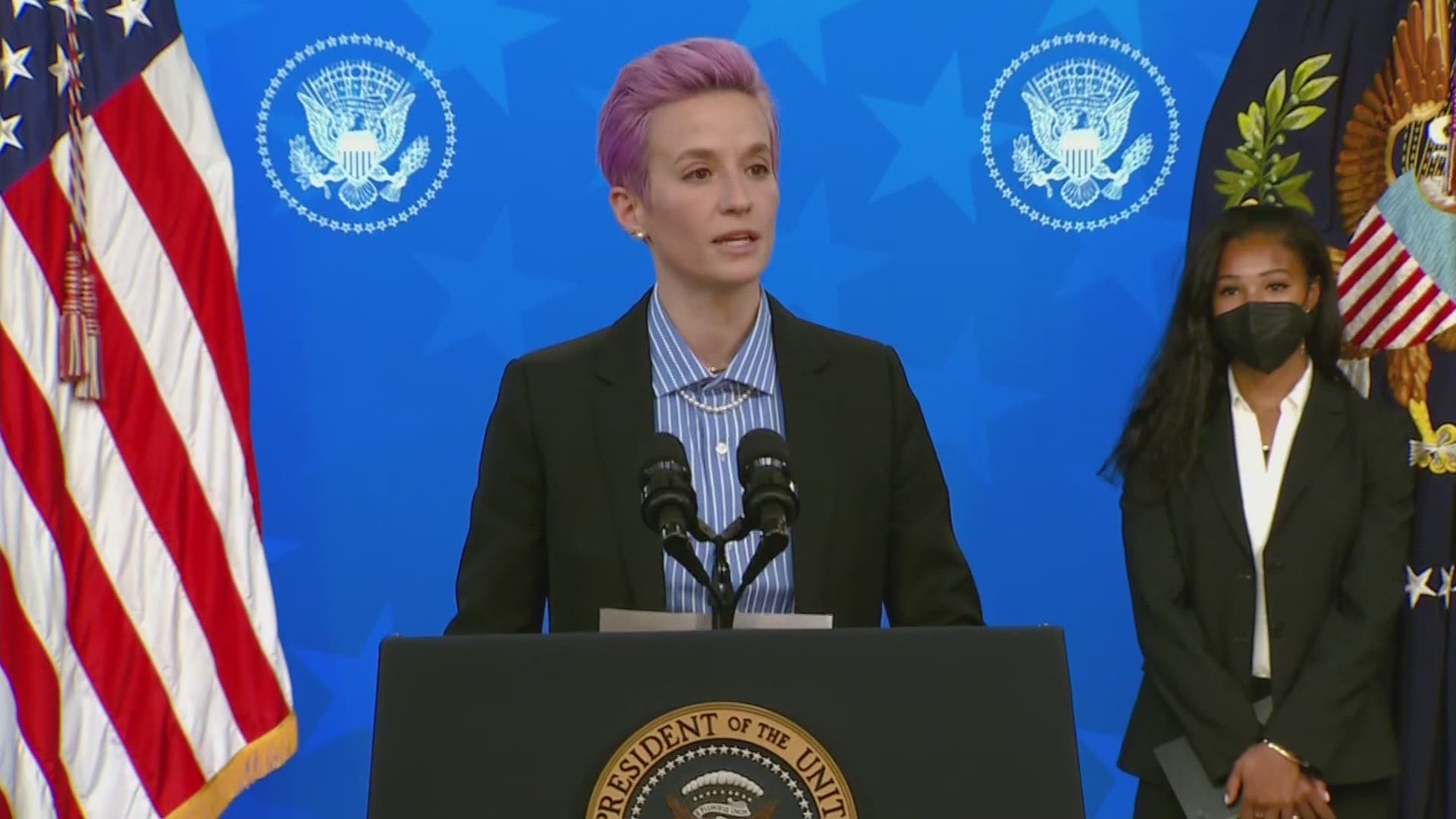In a strictly party-line vote, the Senate blocked legislation Tuesday aimed at reducing the pay gap between men and women in the workplace.
A cloture motion needing 60 votes on H.R. 7, the Paycheck Fairness Act, went down 49-50, with all Republicans voting against it. All Democrats voted in favor, except Sen. Kirsten Gillibrand, D-N.Y., who did not vote.
The bill, which passed the House in April along a mostly party-line vote, would have made it easier to sue employers over pay discrimination, curb the ability of companies to retaliate and beef up enforcement of existing laws, including a new requirement that businesses submit detailed pay data to the federal government for use in policing pay discrimination laws. It would also have banned employers from prohibiting employees from discussing their salaries.
Republicans say laws already on the books outlaw pay discrimination. And they said that the bill would largely be a boon for trial lawyers looking to sue companies while miring employers in burdensome new reporting requirements that would require them to submit detailed pay information to the federal government.
Democrats countered, however, that existing protections have proved insufficient, including those offered under the Equal Pay Act of 1963, which requires that men and women in the same workplace be given equal pay for equal work.
The U.S. is hardly alone in having such disparities. But the gap is larger here than in many other countries, with only Mexico, Finland, Israel, Japan and Korea having larger differentials, according to a study by the Organisation for Economic Co-operation and Development, an international group based in Paris.

